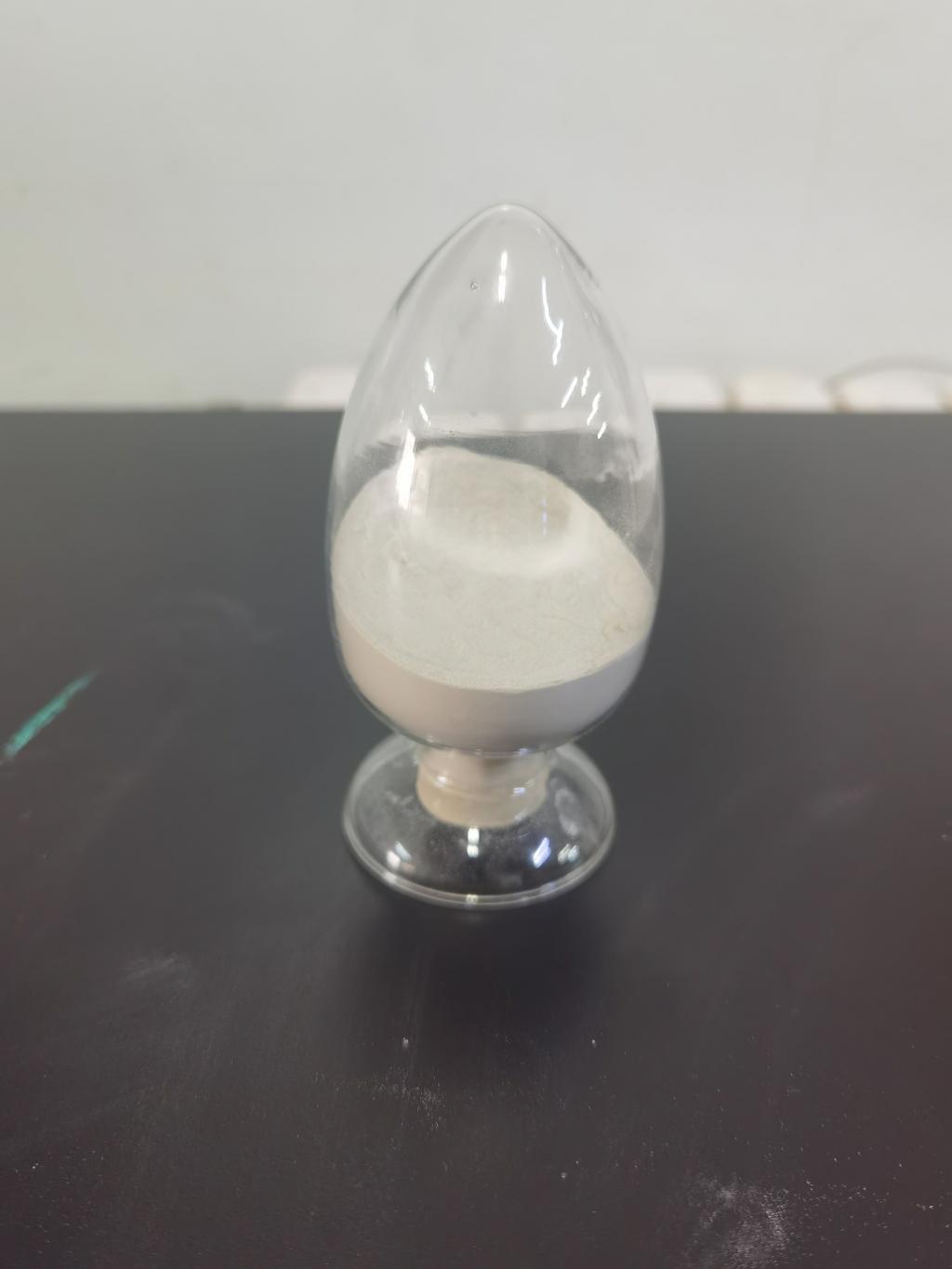Tel:+8618231198596

News
 CONTACT
CONTACT
 CONTACT
CONTACT
- Linkman:Linda Yao
- Tel: +8618231198596
- Email:linda.yao@dcpharma.cn
- Linkman:CHARLES.WANG
- Department:Overseas
- Tel: 0086 0311-85537378 0086 0311-85539701
News
Current Position:
Home >
News
>Nisin's Integration into Smart Kitchens: A High-Tech Approach to Safer Cooking
Nisin's Integration into Smart Kitchens: A High-Tech Approach to Safer Cooking
TIME:2024-03-06
The Rise of Smart Kitchens
1. Connected Appliances
Smart kitchens feature a range of connected appliances, from refrigerators with built-in cameras to intelligent ovens and cooking assistants. These devices aim to streamline tasks, enhance efficiency, and bring a new level of convenience to the culinary experience.
2. IoT and Connectivity
The Internet of Things (IoT) plays a pivotal role in smart kitchens, enabling devices to communicate with each other and with users through applications. This connectivity opens up possibilities for real-time monitoring and control.
Food Safety Challenges in Modern Kitchens
1. Cross-Contamination
Cross-contamination poses a significant risk in home kitchens, where raw and cooked foods may come into contact, leading to the potential spread of harmful bacteria.
2. Temperature Control
Maintaining proper cooking temperatures is crucial to eliminate pathogens. Inconsistent cooking temperatures can result in undercooked food, risking foodborne illnesses.
3. Refrigeration and Storage
Inadequate refrigeration and storage practices may lead to the proliferation of spoilage microorganisms, impacting the quality and safety of stored food items.
Understanding Nisin
1. Antimicrobial Properties
Nisin, derived from lactic acid bacteria, is renowned for its potent antimicrobial properties. It inhibits the growth of various bacteria, including those responsible for food spoilage and contamination.
2. Natural Preservation
As a natural preservative, Nisin has been widely used in the food industry to extend the shelf life of products. Its application aligns with the increasing demand for clean-label and natural food preservation solutions.
Nisin's Role in Smart Kitchens
1. Smart Refrigerators with Nisin Technology
Imagine a refrigerator equipped with Nisin-releasing technology. This feature could actively inhibit the growth of bacteria on stored foods, enhancing both safety and shelf life.
2. Nisin-Infused Smart Cutting Boards
Integrating Nisin into smart cutting boards could create a proactive defense against cross-contamination. The release of Nisin on the surface of the cutting board could limit the transfer of harmful bacteria between different food items.
3. Smart Ovens with Nisin Monitoring
Smart ovens incorporating Nisin monitoring could ensure that cooking temperatures reach the required levels for pathogen elimination. Real-time feedback and adjustments would guarantee the safety of cooked meals.
Case Studies and Success Stories
1. Nisin in Commercial Kitchens
Several restaurants and food establishments have successfully implemented Nisin-infused technologies in their kitchens. These cases demonstrate the effectiveness of Nisin in real-world culinary environments.
2. Positive Consumer Experiences
Consumers who have experienced Nisin-enhanced kitchen technologies have reported increased confidence in the safety and longevity of their food. Positive feedback supports the potential widespread adoption of Nisin in smart kitchens.
Implementing Nisin in Smart Kitchens
1. Collaboration with Appliance Manufacturers
Collaboration between Nisin producers, food scientists, and appliance manufacturers is essential for seamlessly integrating Nisin into smart kitchen technologies. Joint efforts can ensure compatibility and optimal functionality.
2. Educational Initiatives for Consumers
Educational campaigns aimed at informing consumers about the benefits of Nisin in smart kitchens can foster awareness and encourage adoption. Understanding the science behind Nisin empowers users to make informed choices.
Challenges and Considerations
1. Regulatory Approval and Safety Standards
Navigating regulatory frameworks to obtain approval for Nisin-infused smart kitchen technologies is crucial. Adherence to safety standards is paramount to gaining consumer trust.
2. Cost and Affordability
The cost implications of integrating Nisin into smart kitchen appliances need careful consideration. Striking a balance between affordability and the added value of enhanced safety is essential for widespread adoption.
Future Trends and Innovations
1. Machine Learning for Predictive Safety
The integration of machine learning algorithms into smart kitchen technologies could enhance predictive safety measures. By analyzing data on food types, temperatures, and usage patterns, the system could optimize Nisin release for maximum effectiveness.
2. Customizable Nisin Levels
Future innovations might allow users to customize the concentration of Nisin released by their smart kitchen devices, providing flexibility based on individual preferences and specific food items.
Conclusion
The integration of Nisin into smart kitchens represents a paradigm shift in addressing food safety challenges at home. By combining the power of natural antimicrobial technology with the connectivity of smart appliances, this high-tech approach has the potential to revolutionize how we cook, store, and consume food. As smart kitchens become increasingly prevalent, the incorporation of Nisin ensures that safety remains at the forefront of culinary innovation. This synergy between nature and technology not only elevates the consumer experience but also contributes to a safer and more sustainable future in the heart of our homes – the kitchen.
- Tel:+8618231198596
- Whatsapp:18231198596
- Chat With Skype







